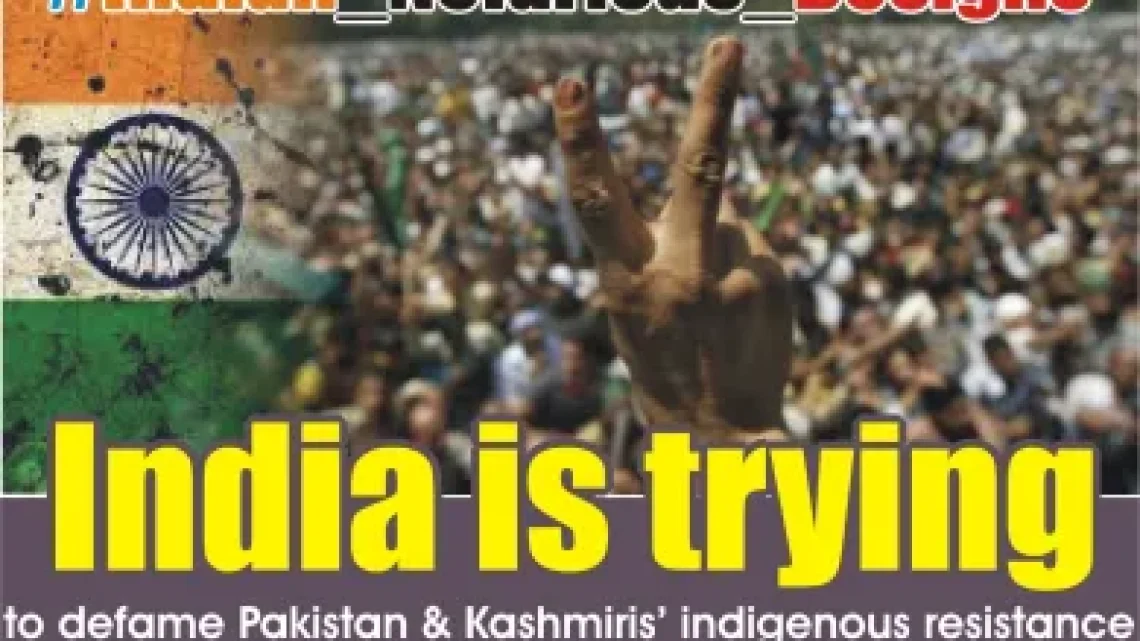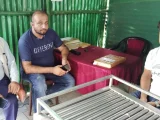
Indian Fake Propaganda against Pakistan for Jammu Attacks Amid Rising Tensions in IIOJK
July 31, 2024Recent claims by former DGP of Jammu and Kashmir, S P Vaid, alleging that over 600 commandos from Pakistan’s Special Service Group (SSG) have infiltrated the region, have been widely criticized and termed as baseless and irresponsible.
Such statements are seen as part of India’s ongoing strategy to malign Pakistan’s image and distract from the failings of its own occupation forces. Indian media has been repeatedly exposed for spreading false narratives, especially in its propaganda against Pakistan.
Pakistan has consistently rejected these unfounded accusations, viewing them as provocations aimed at justifying India’s aggressive actions in Indian-occupied Jammu and Kashmir (IIOJK). These claims often serve as a pretext for the Indian government to carry out cordon and search operations or even stage false flag operations in the region.
The recent increase in terrorist activities in Jammu appears to be part of a broader strategy by Indian forces to create ethnic divides within IIOJK. The Indian government’s intent to fabricate reasons for violence against Kashmiris and to incite anti-Pakistan sentiments is a troubling development.
Regional political parties have criticized the surge in attacks, attributing them to the BJP government’s poor governance in IIOJK. They argue that the indigenous Kashmiri struggle against Indian occupation, unlike many other self-determination movements, is deeply rooted in the sentiments of the local population.
The intensification of the Kashmiri resistance is seen as a direct response to the Modi government’s continuous human rights violations in the region. Many Kashmiri youth now believe that armed struggle is the only path to freedom from the oppressive Indian regime.
Rather than spreading misinformation, India should allow independent fact-finding missions, media, and human rights groups to assess the situation in IIOJK, as recommended by the UN Human Rights Council (UNHRC). This would provide a clearer and more truthful picture of the realities on the ground.

